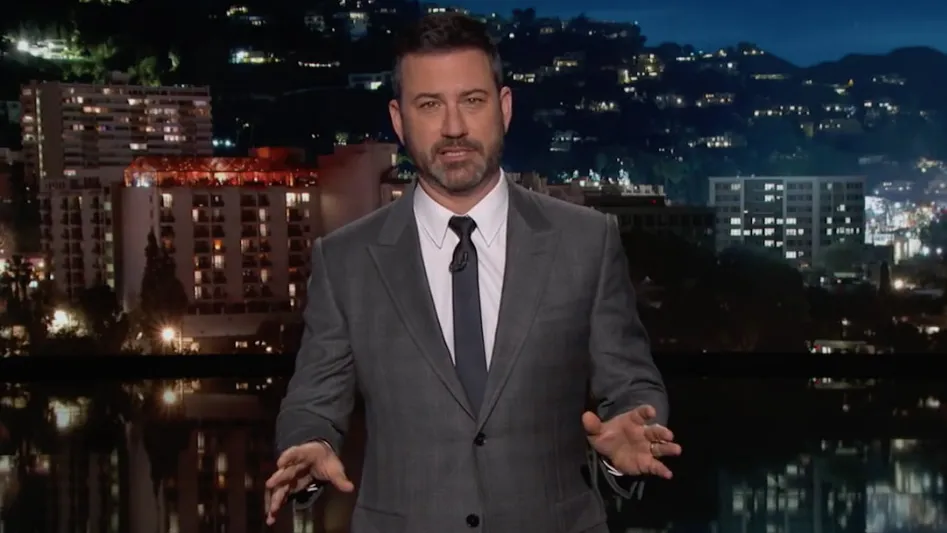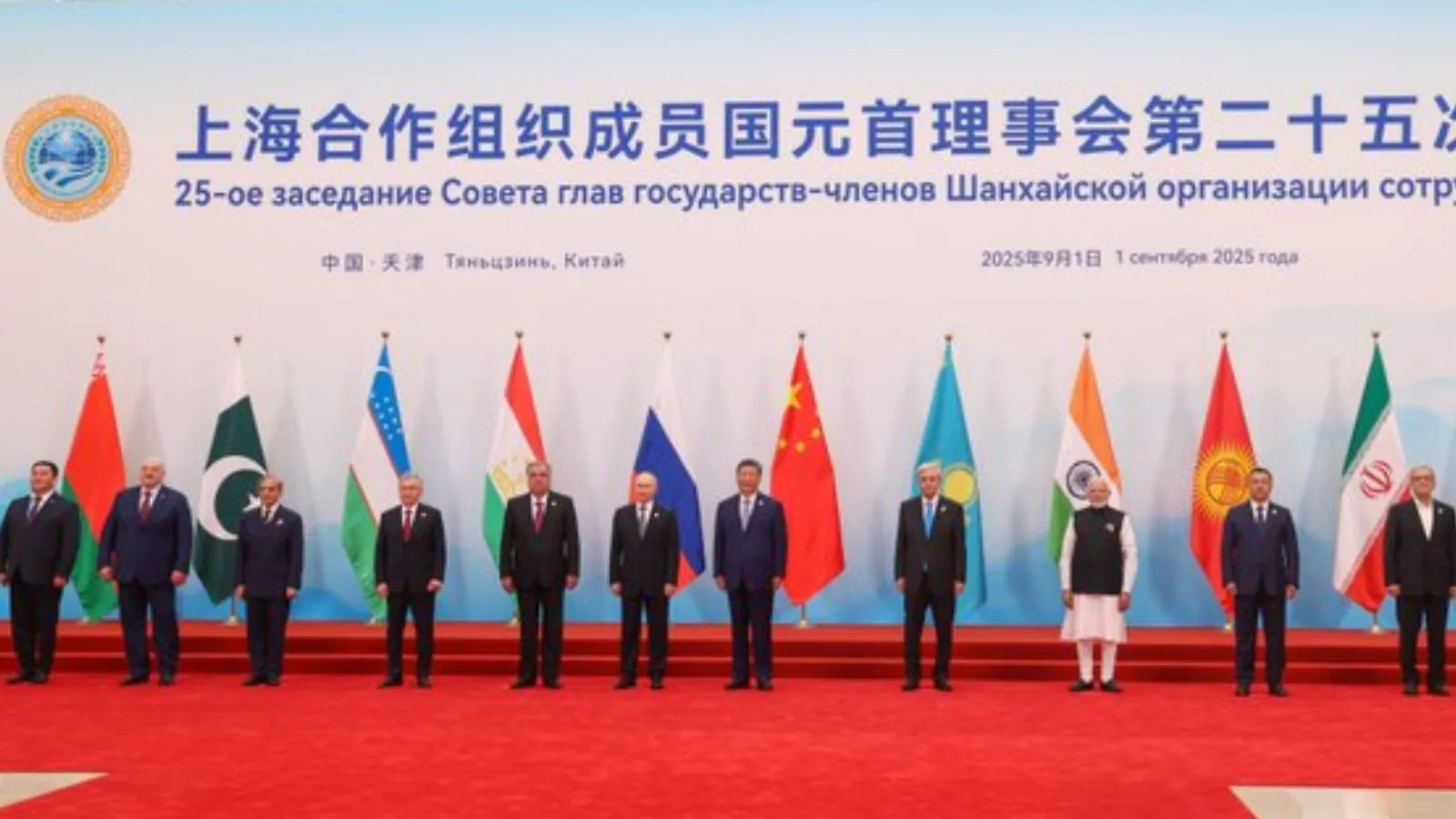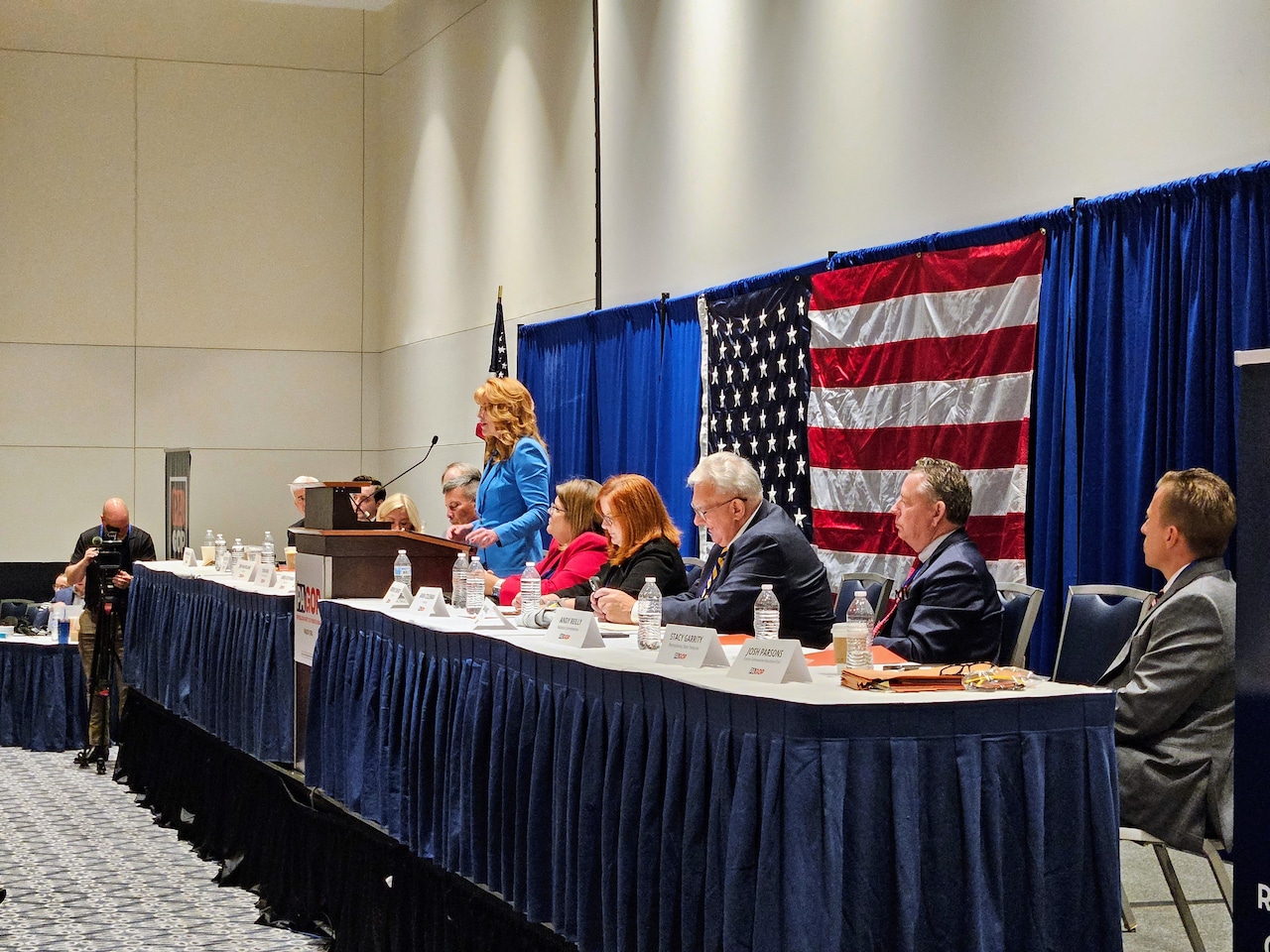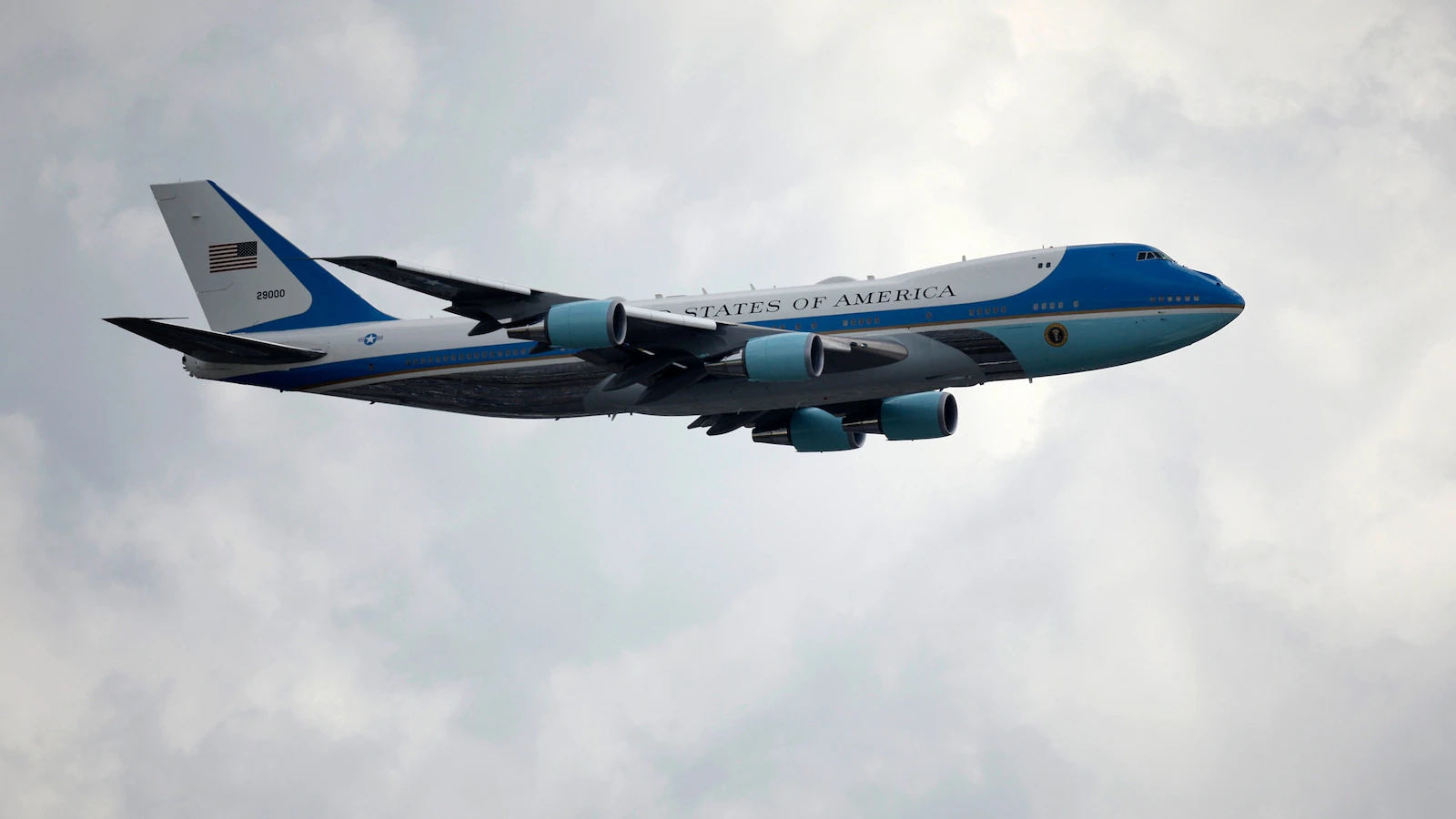
Jimmy Kimmel’s return to his talk show on Tuesday night promises to be one of the most massive television moments of the decade.
And based on past performance, Kimmel is up to the challenge.
In bringing down the temperature around his show — a show that became the object of conservative ire and FCC threats after a series of jokes last week pertaining to the aftermath of the assassination of Charlie Kirk — Kimmel will need to demonstrate some sensitivity. In reasserting himself as a comedian with the right to speak his mind without reprisal from the government, he will need to keep his signature bite. And through it all, he will have to be funny.
Consider, for instance, his broadcasts after the birth of his son Billy, in 2017. Billy was born with a congenital heart defect that required surgery; Kimmel’s discussing the personal matter, and his larger takeaways about this country’s healthcare system, positioned him as a potential heir to David Letterman, that previous master of using storytelling and vulnerability to bring the audience into his world.
Back then, Kimmel’s approach to politics was that of someone who’d rather not have to be discussing it — who had been thrust into a new understanding of problems many Americans face by circumstance, and was trying to make sense of it. This is an appealing and relatable posture, and one that might serve him well in discussing his moment at the center of a censorship controversy. Kimmel is not, at his core, a political comedian, which may help explain why the jokes that got him in trouble did so, since even his defenders can admit that the wording was garbled and easy to purposefully misinterpret. But politics comes for us all, and Kimmel’s self-presentation as a common-sense figure who’d been misread in the midst of a tense moment for the nation might go a long way toward bringing the show back sustainably.
This hiatus has been more intriguingly complicated than the canceling of Stephen Colbert’s “Late Show” for a few reasons — among them that Colbert is so plainly at home in the world of politics, and so upfront about where he positions himself, that thrumming under the coverage of his dismissal was the sense that perhaps this was bound to happen, sooner or later. Twenty or even 10 years ago, no one might have expected Kimmel to be the face of a political movement, but these are strange times. Kimmel’s unpolished approach to politics got him into trouble, but can, paradoxically, be a tool to get him back out. Some segment of the viewing public who might generally disapprove of perceived disrespect to the Kirk story might also be willing to give the benefit of the doubt to a host who does not present as a movement liberal and who speaks about politics a bit like any old person.
Watching the stratospheric success of “South Park” this year has made clear that the comic entities best-positioned actually to land insights and humor about our current political situation are ones that speak the language of the president — that of crassness and of personal animus. For now, it would be wiser for Kimmel to put this particular tool away, but his plainspoken ability to connect remains extant.
After all, Kimmel has massaged a complicated situation before, and made everyone feel comfortable enough. The stakes were (marginally) lower, but the 2017 Oscar broadcast — in which “La La Land” was falsely declared the winner of best picture, before a minutes-later reversal — required all the diplomacy and tact Kimmel, that year’s Oscar host, could muster. In the moment, I recall thinking that, if anything, Kimmel was being too magnanimous. (He suggested, musing aloud, that the award be declared a tie. No! “Moonlight” won!) But that capacity for magnanimity is what’s required now.
Millions of potential viewers — if by no means on the night, but the next morning on YouTube — will tune in with interest to what Kimmel has to say. Some of them may have had absolutely no problem with what Kimmel said in the first place; others may have taken issue with his wording (or with how it was characterized to them by people with their own agendas) but have been concerned about the government’s overreach in pushing to get Kimmel sidelined. This is a moment to be frank and direct, but also funny. Kimmel’s final and most crucial strength may be in his willingness to needle his own bosses. His annual roasts of ABC’s programming at the network’s upfront are presented in an it’s-all-in-good-fun spirit, but this is still a man who’s not afraid to push back against his employer. The one thing that would utterly botch his return is if it felt forced or dutiful. Whatever compromise Kimmel manages to strike with ABC about his wording, the end result must feel like he remains his own man. Past precedent suggests that it will.



